Simpler Programmatic Logout
Contributed by
Arnaud Frézet
and Robin Chalas
in #41406.
Similar to the simpler programmatic login feature introduced in Symfony 6.2,
we're introducing a simpler way to logout users programmatically. The new method
is called logout() and it's defined in the Security service:
use Symfony\Component\Security\Core\Security;
// ...
class SomeService
{
public function __construct(
private Security $security,
) {
}
public function someMethod()
{
// fetch a UserInterface object somehow (e.g. from a database)
$user = ...
// logout the user programmatically
$this->security->logout($user);
// use this optional argument if you prefer to not validate the
// CSRF token according to the logout listener configuration
$this->security->logout($user, validateCsrfToken: false);
// ...
}
}Improved Password Form Field
Contributed by
Sébastien Alfaiate
in #46224.
A common practice when working with user passwords is to add the plaintext password field in the form as an unmapped property and store the hashed password in the database. In Symfony 6.2 we're improving the PasswordType field so you can configure more easily the property where the hashed password is stored:
$builder->add('plainPassword', PasswordType::class, [
// the result of hashing the plaintext password will be stored in
// a property called 'password' of the object passed to the form
'hash_property_path' => 'password',
// to minimize the risk of leaking the plaintext password, the
// 'hash_property_path' option can only be used in unmapped properties
'mapped' => false,
]);Simpler Logout CSRF Protection
Contributed by
Wouter de Jong
in #46580.
In previous Symfony versions we simplified the configuration of the login CSRF
protection. In Symfony 6.2 we're also simplifying the logout CSRF protection.
Instead of dealing with the low-level csrf_token_generator option, you can
now set enable_csrf: true in the logout configuration of your firewall to
get the same result:
security:
firewalls:
main:
logout:
- csrf_token_generator: security.csrf.token_generator
+ enable_csrf: trueThe csrf_token_generator option is still available in case your application
uses a custom CSRF token generator.
Easier Way to Get the Firewall Configuration
Contributed by
Hugo Alliaume
in #46066.
The firewall is one of the most important elements of security: it defines which parts of your application are secured and how your users will be able to authenticate (e.g. login form, API token, etc).
In Symfony 6.2 we're making it easier to obtain the information of the firewall
for a given request thanks to a new getFirewallConfig() method added to the
Security service:
use Symfony\Bundle\SecurityBundle\Security\FirewallConfig;
use Symfony\Component\HttpFoundation\RequestStack;
use Symfony\Component\Security\Core\Security;
// ...
class SomeService
{
public function __construct(
private Security $security,
private RequestStack $requestStack,
) {
}
public function someMethod()
{
$request = $this->requestStack->getCurrentRequest();
/** @var FirewallConfig|null */
$firewallConfig = $this->security->getFirewallConfig($request);
$firewallName = $firewallConfig?->getName();
// ...
}
} <hr style="margin-bottom: 5px" />
<div style="font-size: 90%">
<a href="https://symfony.com/sponsor">Sponsor</a> the Symfony project.
</div>Accedi per aggiungere un commento
Altri post in questo gruppo
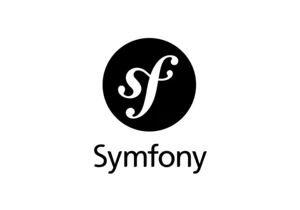
Symfony 6.4.24 has just been released. Read the Symfony upgrade guide to learn more about upgrading Symfony and use the SymfonyInsight upgrade reports to detect the code you will need to change in you
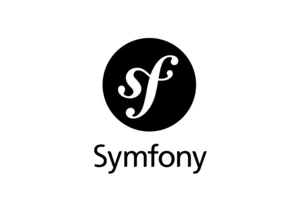
Symfony 7.2.9 has just been released. Read the Symfony upgrade guide to learn more about upgrading Symfony and use the SymfonyInsight upgrade reports to detect the code you will need to change in your
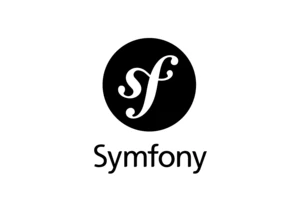
Symfony 7.3.2 has just been released. Read the Symfony upgrade guide to learn more about upgrading Symfony and use the SymfonyInsight upgrade reports to detect the code you will need to change in your
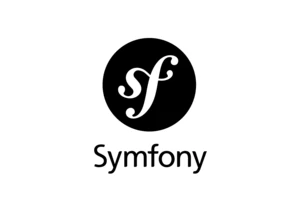
This week, development focused on the upcoming Symfony 7.4 and 8.0 releases. We added new features such as the ObjectMapperAwareInterface, improved value transformers in JsonStreamer, and enabled load
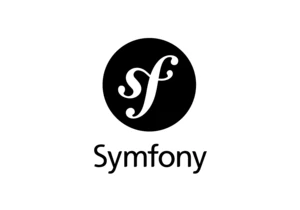
Symfony is turning 20 and we’re throwing a party you won’t want to miss! 🥳
Join us for an unforgettable evening of drinks, music, and great company at the Kanarie Club in Amsterdam!
This year
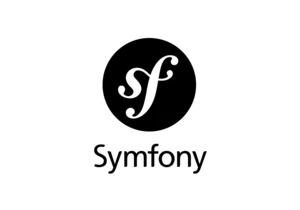
This week, the upcoming Symfony 7.4 version improved the Serializer component by adding more prefix support to the accessor, added more code to make the JsonPath component RFC compliant, and added sup
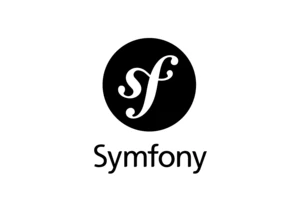
This week, Symfony unveiled the Symfony AI initiative, a set of components and bundles designed to bring powerful AI capabilities directly into your PHP applications. In addition, we published travel
